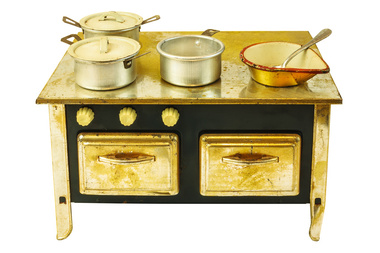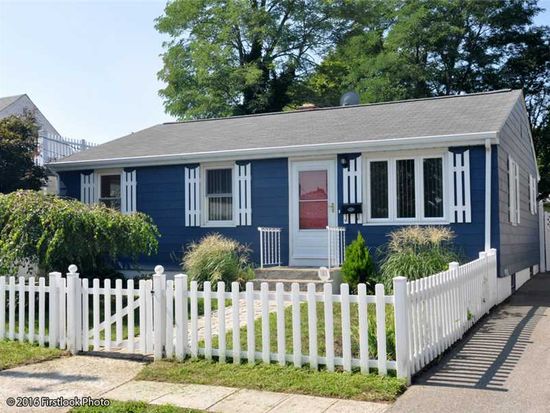If you get 10 years out of most of your home appliances, you will probably come out ahead. And your home systems should last maybe two decades. However, there are factors that will affect just how long your appliances and home systems last. On average, here’s how long you can expect most of your major appliances and home systems to last — and when it’s time to replace them.
Typical Life Span of Appliances and Home Systems
Today’s appliances have a different life span than older appliances. Many newer models are high-tech and hence have different problems when they break down that may be more expensive to repair. Some older appliances are so inefficient that replacing them when they’ve exceeded their life span, even if they still work, makes more financial sense.
Other factors that will affect the life span of your appliances include brand, wear and tear, costs for or availability of replacement parts, complexity of repairs, and the age of the machine or system.
Once your appliances are out of warranty (typically after one to five years), you have to factor in life expectancy to determine when it’s time to replace them. Here is a breakdown of the average life spans of typical home appliances and systems:
- Air conditioners: 8–15 years.
- Refrigerators: 7–13 years.
- Stoves and gas ranges: 8–15 years.
- Washing machines and dryers: 5–15 years.
- Dishwashers: 9–15 years.
- Water heaters: 8–15 years.
- HVAC systems: 10–30 years.
Your HVAC system has several caveats. If you run your HVAC system constantly over its life, it probably won’t last three decades. If it’s located in a damp or dank basement or near corrosive materials, it won’t last that long either. For major systems, even if your equipment conks out after 15 years, it’s considered at full life span if it’s reached two-thirds of its expected life span.
Clues That You Should Chuck Your Stuff
Some of your appliances can create a hazard when they start to break down. Consumer Reports lists the factors that you should weigh when deciding to replace several major appliances:
- For your refrigerator, replace it if it’s old and inefficient or if it keeps breaking down over and over again (once it’s outside its warranty and is at least seven years old).
- Gas stoves last longer than electric ones, but if there is anything wrong with either, it should be fixed immediately — stoves present fire and electrocution hazards if they are not working properly.
- Washers and dryers should be replaced if after eight years they are leaking, noisy, shaking, overfilling, or not cleaning and drying clothes properly.
- If a repair is going to cost at least half what you would have to spend to buy the item brand-new, you should replace it.
- If your warranty is expired and the appliance has almost lived to its life expectancy, replace it if it’s broken.
Of course, if there are problems with any appliance that create a hazard, you should chuck it and get a new one.

